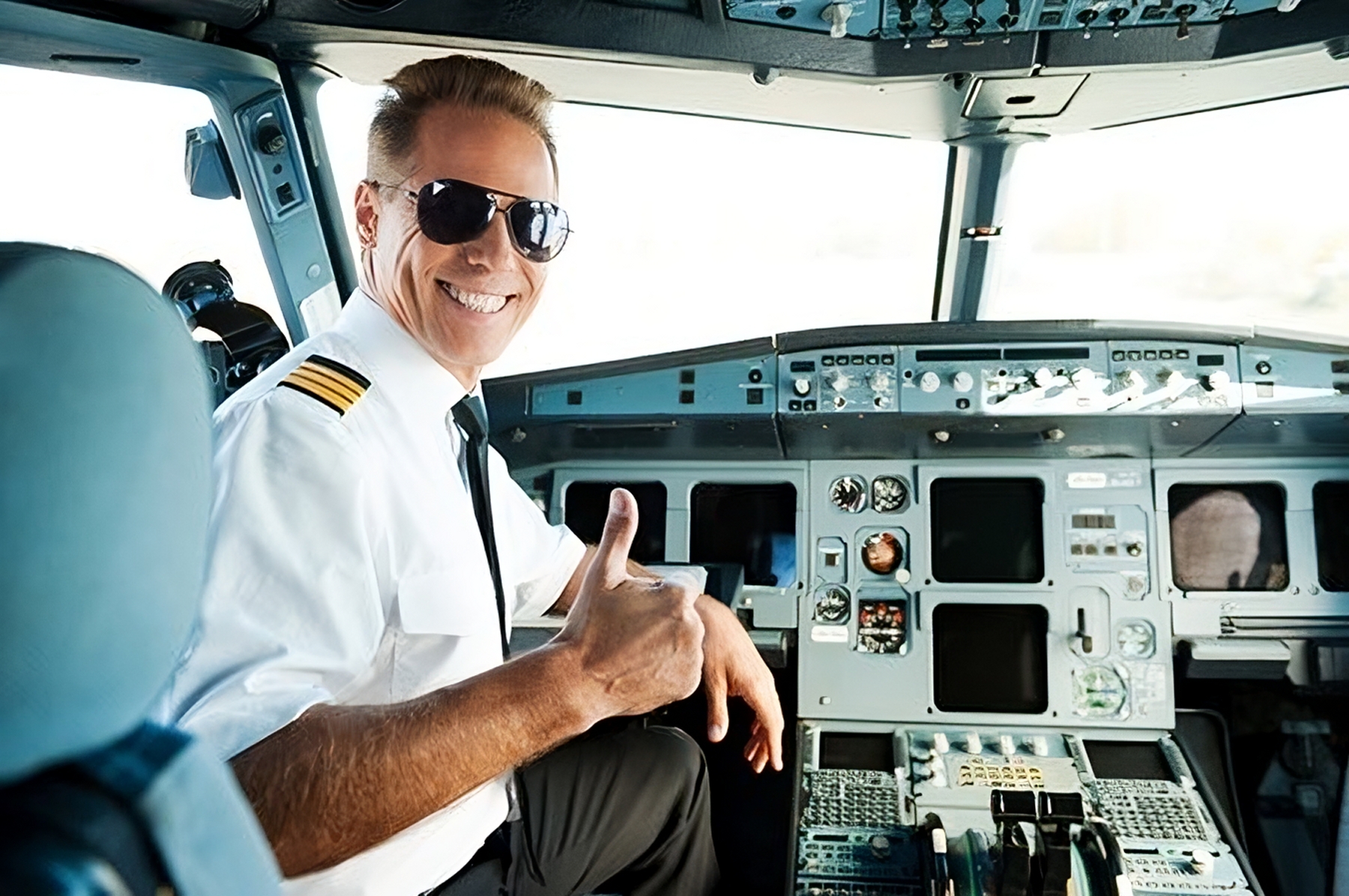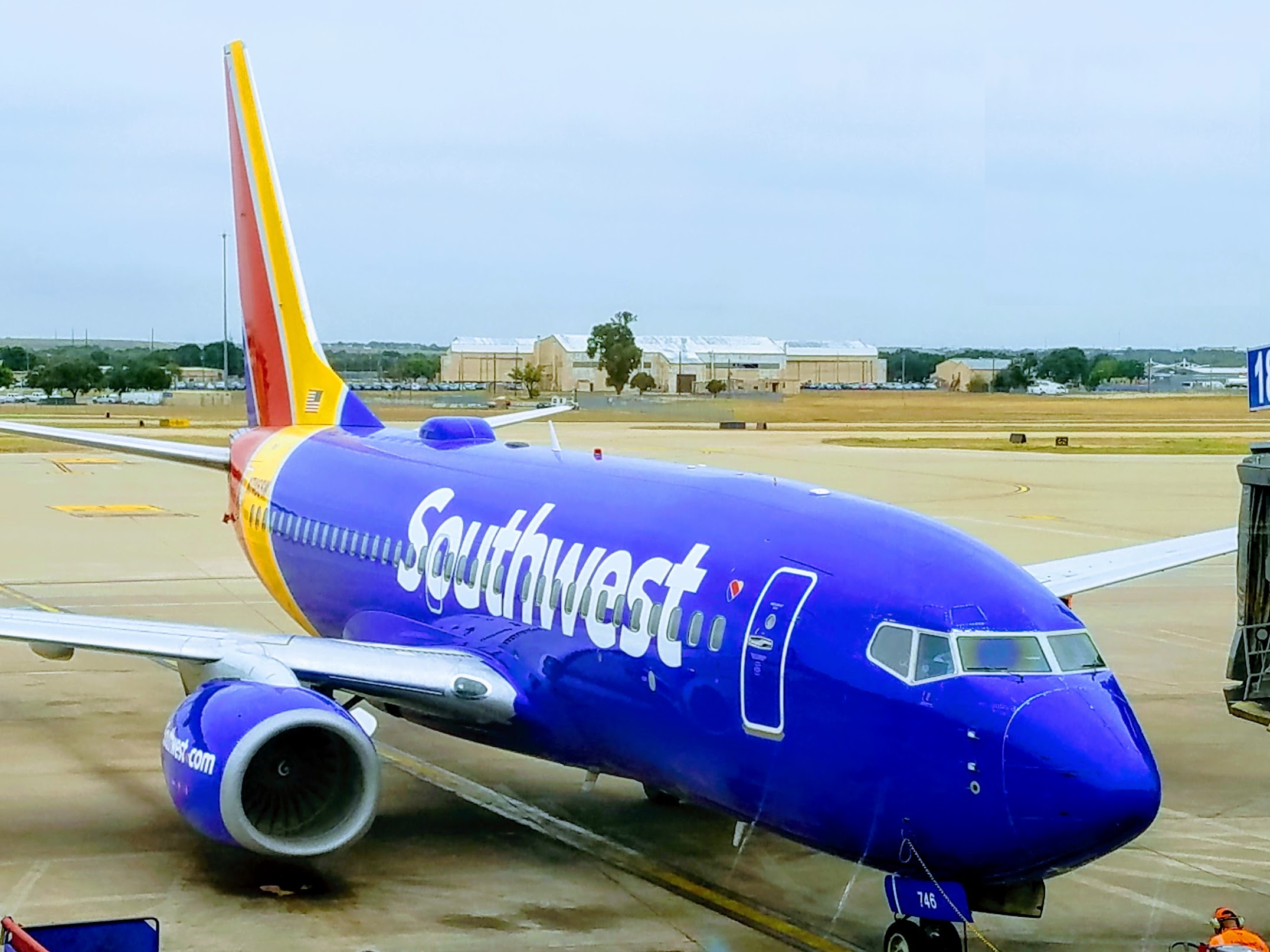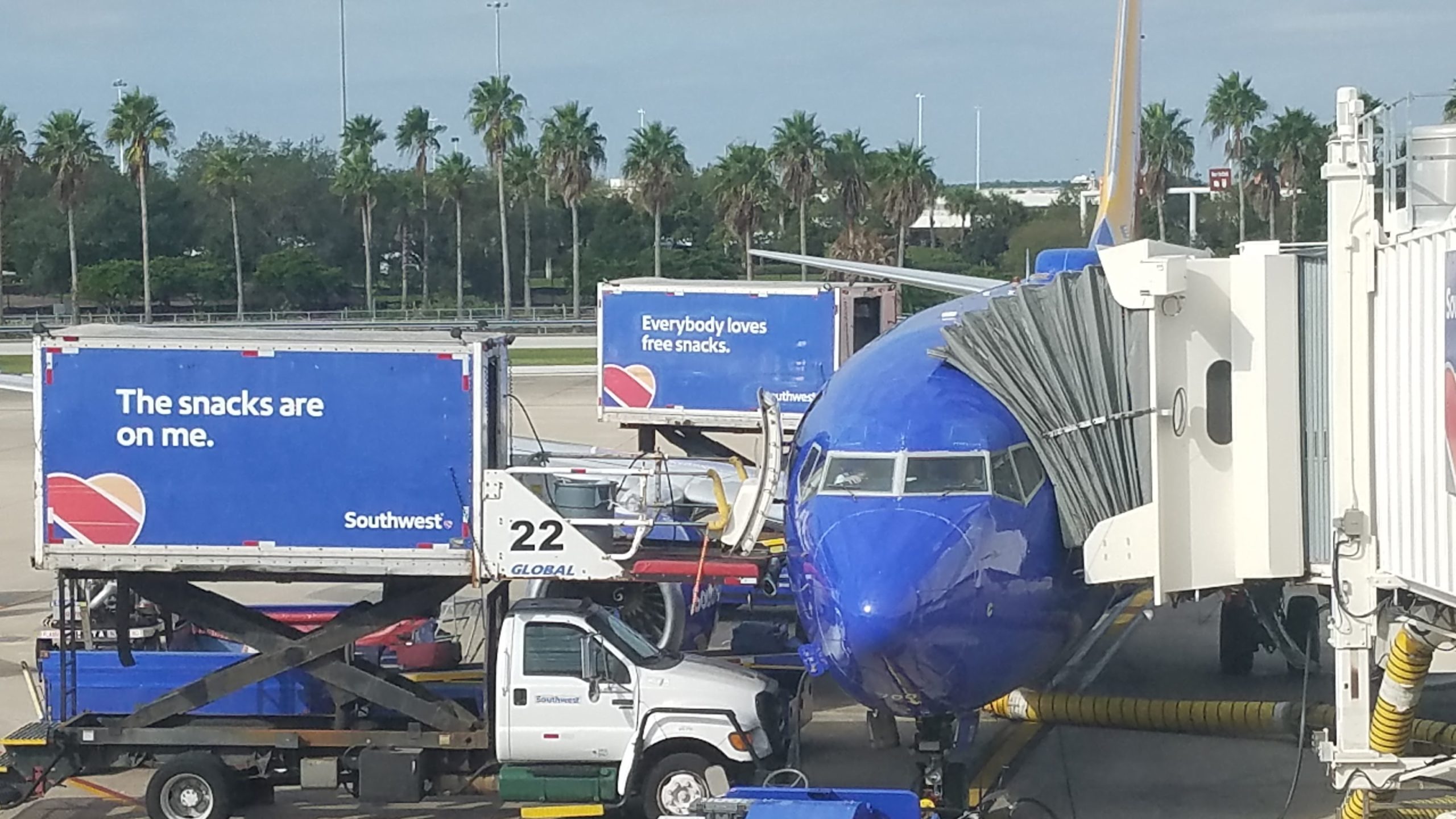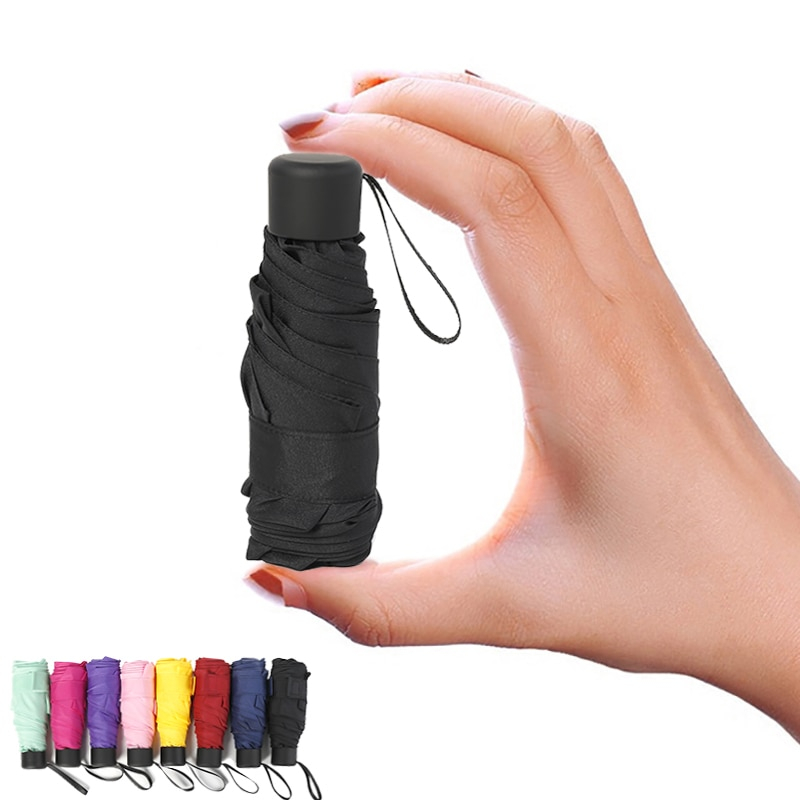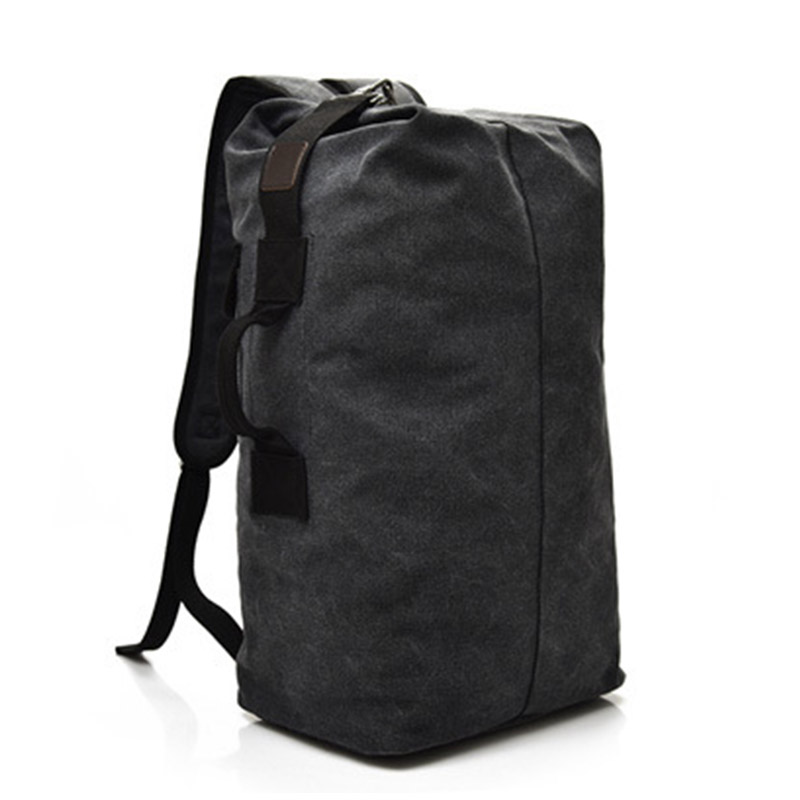A Southwest Airlines pilot was arrested on Wednesday morning at Savannah/Hilton Head International Airport. The airline found another pilot and the flight departed to Chicago-Midway airport nearly five hours late.
He was stopped at the airport’s TSA checkpoint, and airport police called, because his breath smelled of alcohol.
According to the airline,
We’re aware of a situation involving an employee on Flight 3772 this morning from Savannah. The employee has been removed from duty. Customers were accommodated on other flights, and we apologize for the disruption to their travel plans. There’s nothing more important to Southwest than the safety of our employees and customers.
The 17-year veteran was taken into custody and later released on $3,500 bond.
Commercial airline pilots have to go at least 8 hours from their last drink prior to flying (“8 hours bottle-to-throttle”) and their blood alcohol limit is .04. One pilot once offered but it had been 9 hours since he drank! as an excuse, waving away being over the limit. Both rules matter.
George Burns once said, “Actually, it only takes one drink to get me loaded. Trouble is, I can’t remember if it’s the thirteenth or fourteenth.”
Some things are maybe even worse? One British Airways pilot snorted coke off a topless woman before trying to fly passengers to London and made the crucial mistake of putting details of the substance-filled orgy in writing to a flight attendant.
And once a pilot drank 17 rum and cokes before actually flying from Fargo to Minneapolis (he “fell on the floor before leaving the bar”) while “two other crew members shared seven pitchers of beer.”
Air travel can be a difficult career and drinking and other substance problems get hidden. Pilots with substance abuse problems are often wary of speaking up and seeking help, for fear of being sidelined, despite programs designed to encourage them to do so.
Pilots hide not just alcohol abuse but mental health conditions and that points to a fundamental conundrum: you want pilots to be open and seek help in order to promote safety, but once they’re open they’re a clearly identified risk and get removed from the cockpit. So the consequences of being open discourage that openness. Or at least that’s the fear many pilots have, not trusting any commitments to help rather than punish.

